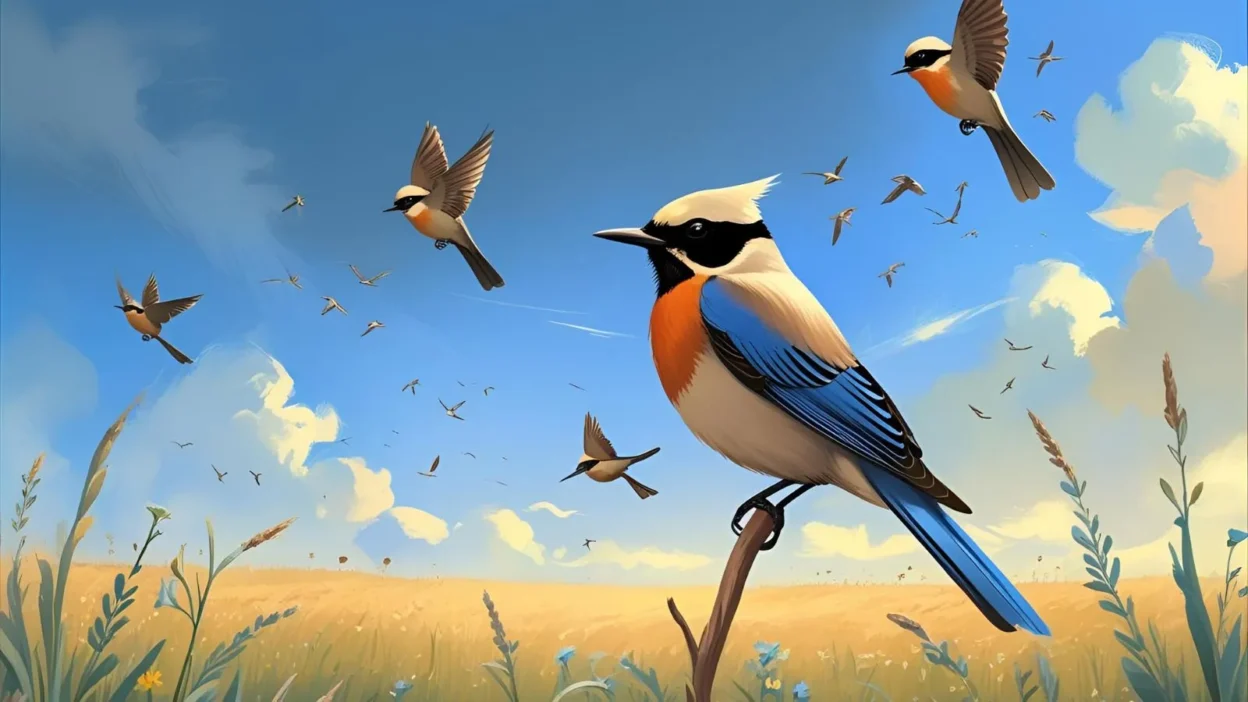One summer evening, I sat quietly on my porch, watching the sky turn orange as the sun dipped behind the trees. Out of the stillness came a melody—soft, beautiful, and strangely familiar.
It wasn’t just one tune, but many, woven together like a lullaby of the wild. I looked up and saw a small bird perched on a fence: a mockingbird. That night, something inside me stirred.
I felt peace, curiosity, and a strange sense of being watched over. It was more than just a bird. It felt like a message.
If you’ve ever crossed paths with a mockingbird, in real life, a dream, or a book, you might be wondering—what does it mean?
Why does this bird appear again and again, especially during life’s quiet or confusing moments?
This article explores mockingbird symbolism, helping you understand the deeper spiritual and emotional meaning of this gentle bird, especially in literature and Native American beliefs.
To Kill a Mockingbird Symbolism
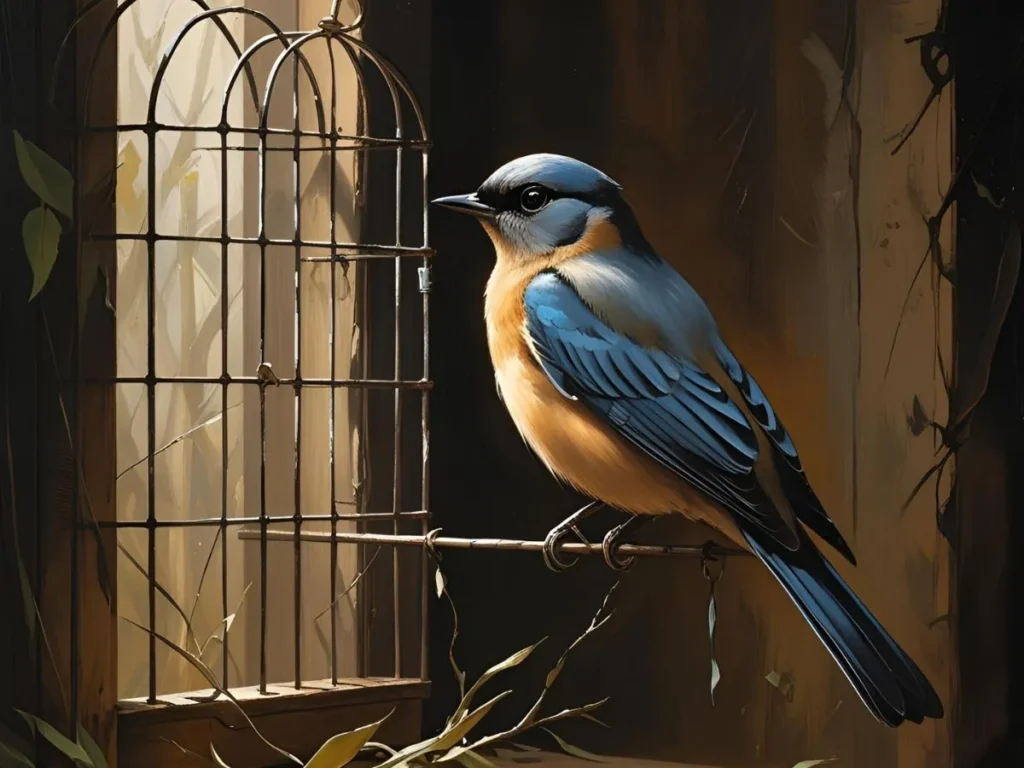
Harper Lee’s classic novel To Kill a Mockingbird brings mockingbird symbolism front and center.
The mockingbird represents innocence, goodness, and the tragedy of harm done to the harmless. In the book, Atticus Finch tells his children, “It’s a sin to kill a mockingbird,” because they do nothing but sing and bring joy.
Symbolically, the mockingbird stands for pure-hearted beings—children, kind souls, or people unjustly judged.
When characters like Tom Robinson or Boo Radley are hurt by society, the mockingbird metaphor shows how cruel the world can be to those who only mean well.
When you encounter a mockingbird after reading this book, it may call you to defend the vulnerable, speak up for what’s right, or recognize the innocence in others—and in yourself.
Mockingbird Symbolism in To Kill a Mockingbird
The recurring symbol of the mockingbird in the novel deepens as you explore its layers of emotional truth.
The bird’s song becomes a reminder that beauty and kindness should be protected, not punished.
- Tom Robinson is one “mockingbird.” He is falsely accused and suffers because of racial prejudice, despite his innocence.
- Boo Radley, misunderstood and feared, is another. He turns out to be a gentle, protective soul.
- Even Scout, the narrator, grows into an understanding of this truth—seeing past fear and judgment to recognize human dignity.
Seeing a mockingbird in your own life might be a sign to reflect: Are you silencing someone’s song—or is your own voice being overlooked?
This symbol challenges us to create a more compassionate world.
Northern Mockingbird Symbolism
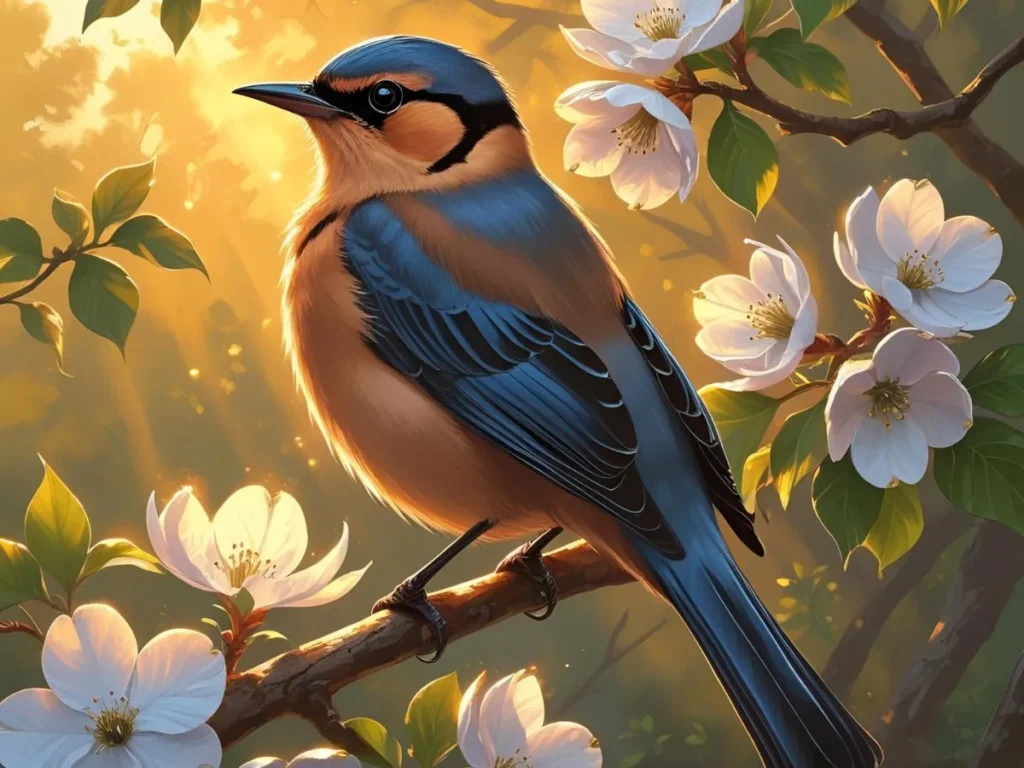
The Northern Mockingbird, found throughout North America, carries unique meanings of adaptability, voice, and self-expression.
Known for mimicking the songs of other birds, it symbolizes your ability to adapt and communicate clearly, even when life changes around you.
Spiritually, the Northern Mockingbird asks:
- Are you listening carefully to others before you speak?
- Are you using your voice wisely—or just repeating what others say?
- Are you afraid to sing your own song?
Seeing or hearing this bird may mean it’s time to embrace your truth, speak up, or learn by observing others.
It’s also a sign that your voice matters, no matter how small you think it is.
Mockingbird Symbolism Native American
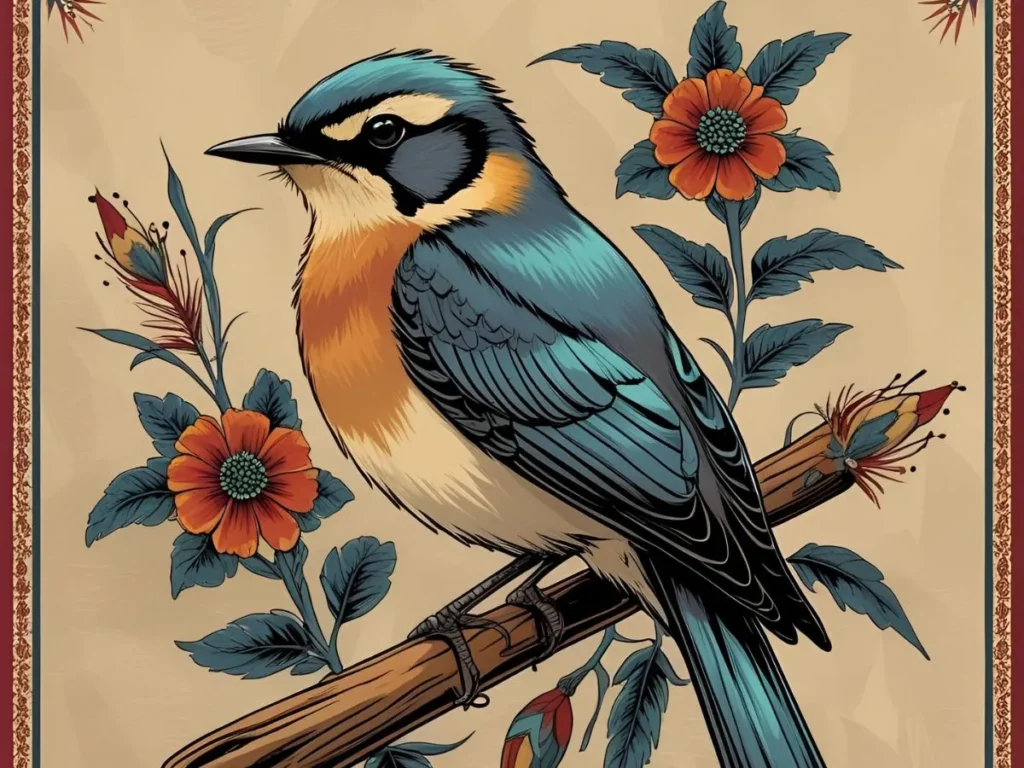
In Native American cultures, the mockingbird often carries meanings related to intelligence, storytelling, and protection.
- In Pueblo beliefs, mockingbirds taught humans how to speak.
- In Cherokee stories, mockingbirds are seen as truth-tellers who help reveal lies and falsehoods.
If you feel spiritually connected to Native traditions, a mockingbird might appear to remind you to honor your truth, protect your spirit, and listen for guidance hidden in everyday moments.
These birds can be seen as messengers—delivering wisdom from ancestors or the spirit world through their songs.
To Kill a Mockingbird Mockingbird Symbolism
This repeated phrase might seem redundant, but it shows just how central the bird is in shaping the moral message of the novel.
The mockingbird becomes a symbol of moral responsibility: to recognize injustice, protect the innocent, and stand strong in love and truth—even when it’s hard.
When a mockingbird visits you in real life or in meditation, it might be calling you to:
- Defend someone being mistreated
- Avoid harming what’s harmless
- Become more aware of quiet voices needing support
In life, just as in fiction, the mockingbird doesn’t ask for anything—except to be heard.
Mockingbird Symbolism Spirituality
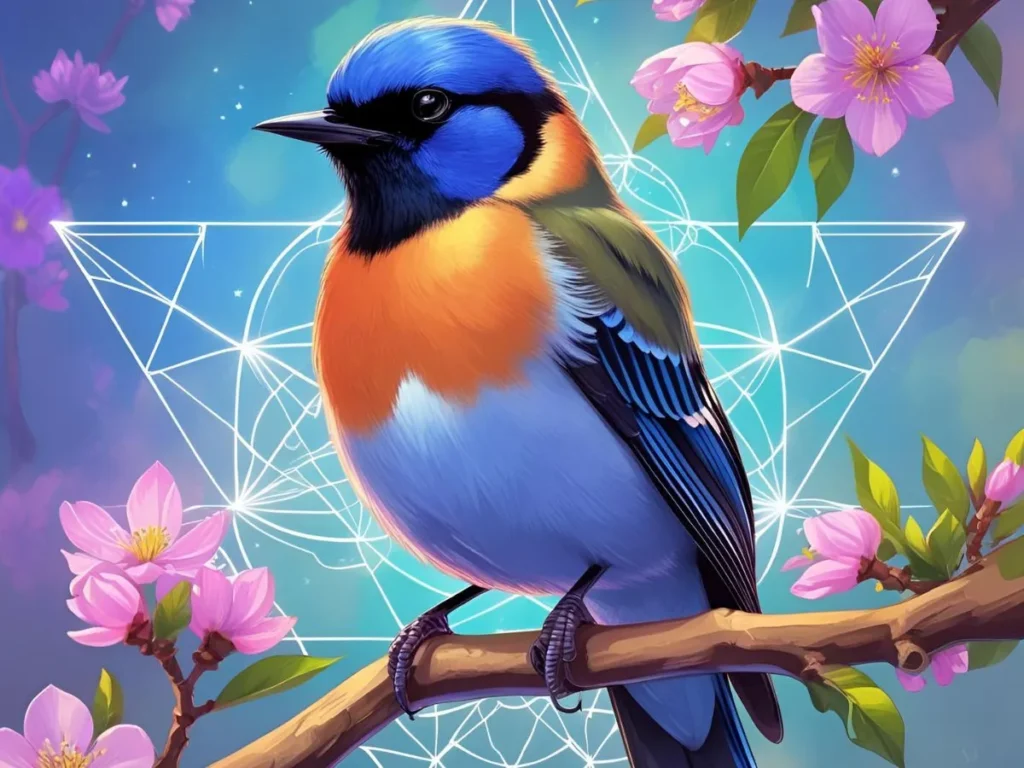
On a spiritual level, the mockingbird is a powerful sign of inner wisdom, divine communication, and emotional healing. This bird’s gift of mimicry is not just clever—it’s sacred. It reminds us that:
- The Universe speaks in many voices, and we must learn to listen deeply.
- Your voice is sacred, even if it feels borrowed or quiet.
- You are capable of echoing divine love and truth in your own way.
Spiritually, the mockingbird may also visit during times of emotional growth, when you’re learning how to speak up after years of silence, or rediscovering your authentic self after pain. Its song tells you: You are still worthy of joy. You are still allowed to sing.
Mockingbird Symbolism To Kill a Mockingbird
This final echo of the keyword reminds us that symbolism is not just literary—it’s personal.
When Harper Lee chose this bird, she wasn’t only talking about racism or injustice.
She was offering a spiritual mirror.
We are all mockingbirds at times—singing our truth, seeking peace, and hoping not to be misunderstood.
And we are all called to be like Atticus Finch: protectors of innocence, defenders of grace, and listeners to the song before it’s silenced.
3 Real-Life Short Scenarios of Mockingbird Symbolism
1. A Widow’s Healing
Martha, a recently widowed woman, found herself unable to sleep. One morning, just before dawn, a mockingbird began singing outside her bedroom window. It returned every morning for a month.
The bird’s song reminded her of her late husband’s love of music—and slowly, it helped her cry, remember, and begin to heal.
2. The Child with No Voice
Nine-year-old Liam was painfully shy. He barely spoke at school and was often misunderstood. One afternoon, his teacher noticed him watching a mockingbird in the playground. He later wrote a poem about it—the first time he opened up in class.
3. A Young Woman’s Awakening
After being in a controlling relationship for years, Alina finally moved out. During a silent walk through the park, a mockingbird followed her, chirping loudly.
She saw it again the next day. It felt like the universe was telling her: “You’re free to speak. You’re allowed to be you.”
FAQs About Mockingbird Symbolism
1. What does it mean if a mockingbird visits you repeatedly?
Repeated visits from a mockingbird may symbolize a spiritual message. It often means it’s time to speak your truth, protect your peace, or listen closely to your heart.
2. What does a mockingbird mean in dreams?
A mockingbird in your dreams may represent truth, communication, or imitation. It can also suggest that you’re learning to find your own voice or that someone around you is not being authentic.
3. Are mockingbirds a good omen?
Yes, in most cultures, mockingbirds are a positive sign—linked with peace, beauty, and emotional healing. They can also symbolize spiritual protection.
4. What does a singing mockingbird symbolize?
A singing mockingbird is a strong spiritual symbol. It suggests joy, self-expression, and the power of voice. If you hear one singing nearby, it may mean you are being spiritually supported during a hard time.
5. How is a mockingbird different from other spiritual birds?
Unlike doves (peace) or owls (wisdom), the mockingbird stands for truth through expression, adaptability, and protecting the innocent. Its song is its gift—and its message.
Conclusion:
The next time you hear a mockingbird, pause. Listen. Let the melody remind you of what’s still good and pure in this world.
Whether in a story like To Kill a Mockingbird, in a moment of silence after heartbreak, or fluttering outside your window—you’re being reminded of something powerful:
- That your voice matters.
- That kindness deserves protection.
- That even in a noisy world, your true song still has space to rise.
Mockingbirds don’t ask for applause. They just sing.

